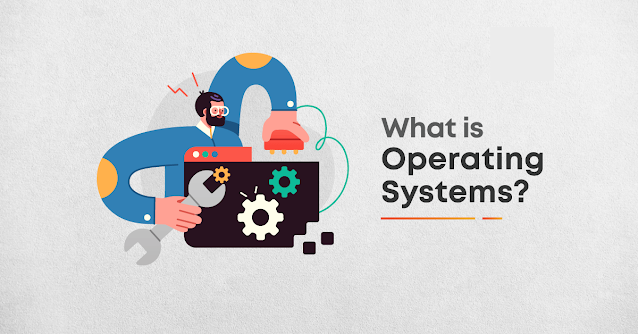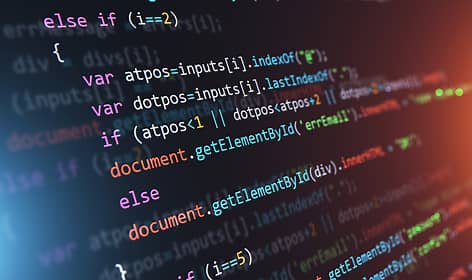Fundamental C programming language
Fundamental C programming language
The language for writing procedural programs is C. Dennis Ritchie created it first as a hardware programming language for creating operating systems. Smaller memory accessibility, a small number of keywords, and a concise style are the three primary characteristics of the C programming language, which makes it ideal for system programming like Linux kernel or compiler creation.
It
is widely used to create a wide range of software, operating systems like
Windows, and numerous sophisticated programs like the Python interpreter,
Oracle db, and Git.
The programming language "C" is allegedly created by a deity. C might be considered the foundation of programming language. Knowing C will make it simple for you to understand the concepts of many other programming languages.
History of C Language
Dennis
Ritchie, a brilliant computer scientist, invented the "C" coding
language at Bell Labs in 1972. It was developed using the programming skills
like "ALGOL," "BCPL," and "B." All of the above
aspects are present in the "C" programming language, which also has a
number of extra notions that set it apart from different languages.
The
Unix - based operating system has a close relationship with the potent
programming language "C." The majority of the UNIX OS was even
written in C. 'C' language was first only supported by Unix. However, as it
gained popularity, it became industrial, and several cross-platform compilers
were made available. Nowadays, "C" works on a wide range of hardware
platforms.
The
history of programming language goes like this-
ALGOL
1960 > BCPL1967 > B 1970 > C 1972 > K&R C 1978 >
ANSI
C 1989 > ANSI/ISO C 1990
Why
learn C Language?
1.
C is a basic language for various languages, as we learned
before. Therefore, understanding "C" as the primary language will be
essential when learning other computer languages. The same ideas, including
data types, operators, and many more, are shared.
2.
C is generally applicable in a wide range of applications. It is
a straightforward language that allows for quicker processing. The present
employment market has several openings for "C" developers.
3.
C is a structured programming language that allows for the
modularization of programs. Each module may be written independently, and when
combined, they make up a single "C" program. It is simple to test,
maintain, and debug processes because of this framework.
4.
The computer language "C" has 32 keywords, several
data types, and a collection of strong built-in functions.
5.
Programming in "C" also has the ability to expand on
itself. A "C" program includes a number of functions that are found
in a library. To the library, we may add our abilities and characteristics.
These features are available to us at any moment in our software, and we may use
them. By using this capability, working with complicated programming is made
simple.
C
Basic Commands
The fundamental instructions in the C language for
programming are as follows:
Ø #include<stdio.h>
- Before
constructing a C programme, this instruction adds the standardized input output
header file (stdio.h) from of the C library.
Ø int main() - the main function
in a C programme is denoted by the integer main().
Ø { - Marks the start of the
primary function.
Ø /*_some_comments_*/ - Everything that is
typed inside the instruction "/* */" in a C programme will not be
compiled or executed.
Ø printf("Hello_World!
"); - The result is printed on display using this instruction.
Ø getch(); - Getch() is a
command that is used to enter any letter from the keyboard.
Ø Return 0; - This instruction
ends the main function of a C program and returns 0.
Ø } - It serves to
denote the conclusion of the primary function.
How
C Programming Language Works?
You
can utilize any of the many compilers that are now accessible online. The
majority of compilers will include the capabilities needed to run both
"C" and "C++" programs, and the performance will never
diverge.
The
list of well-known compilers that may be found online is as follows:
Ø Compiler Clang
Ø Compiler for MinGW
(Minimalist GNU for Windows)
Ø A portability
"C" compiler
Ø The Turbo C


Comments
Post a Comment